Deepfakes: The New Face of Misinformation

Deepfake technology is shaking the foundations of what we consider trustworthy. Powered by advanced neural networks, deepfakes can generate videos and audio that are almost indistinguishable from reality. This alarming realism has been exploited to fabricate news, impersonate public figures, and even blackmail private individuals. According to a study from the University of California, a staggering 96% of deepfake videos are used for non-consensual pornography, highlighting a disturbing misuse of this technology. The implications go far beyond privacy, threatening to destabilize democracies by spreading false information with viral speed. As these tools become more accessible, it’s increasingly difficult for average people to tell fact from fiction. Lawmakers and tech companies are under significant pressure to develop countermeasures, but the pace of innovation often leaves defenses lagging behind.
Facial Recognition: Surveillance or Security?
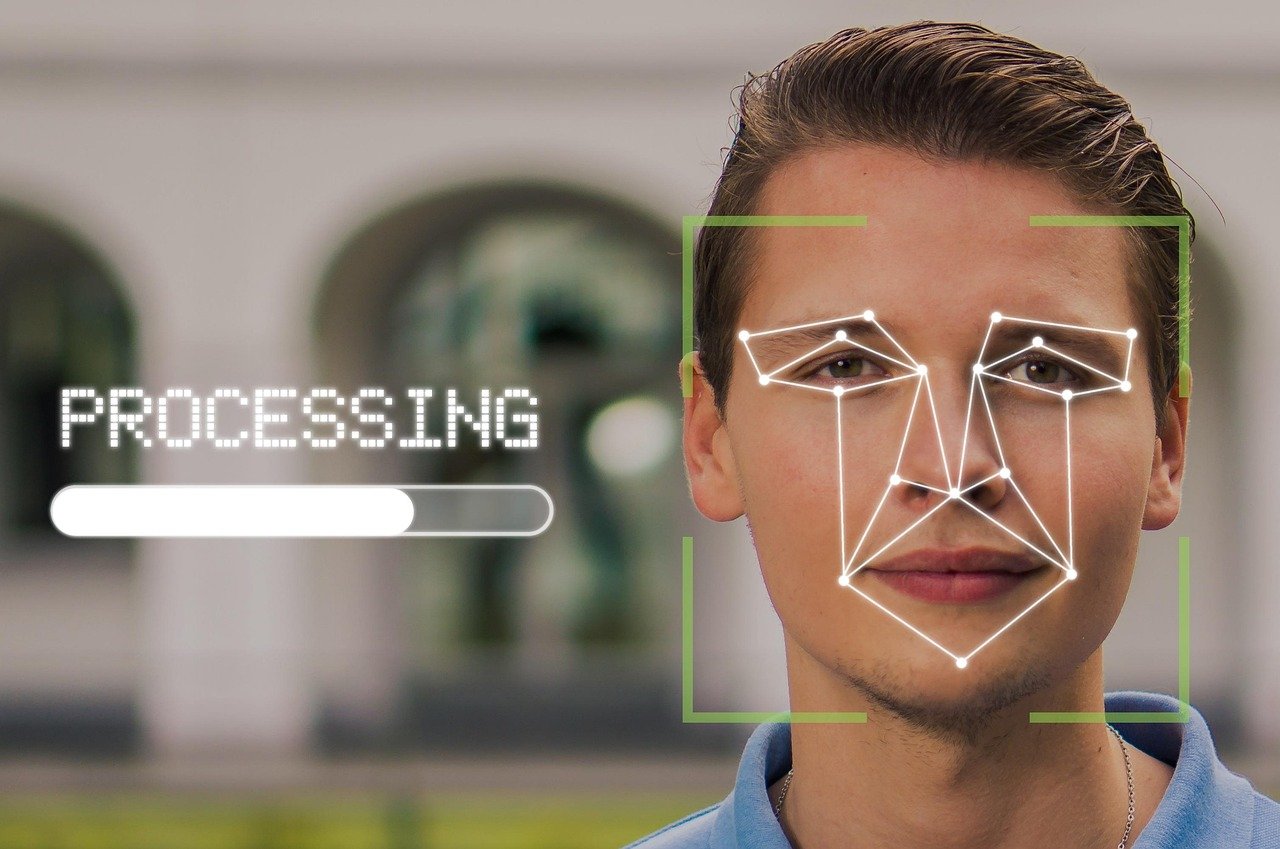
Facial recognition systems are quickly becoming a staple for law enforcement and commercial applications, but their ethical footprint is enormous. The technology can identify faces in a crowd within seconds, which sounds like a security dream but feels like a privacy nightmare. Reports by the National Institute of Standards and Technology show these systems are far from neutral; they misidentify people of color up to 100 times more than white individuals. That’s not just a technical glitch—it’s a civil rights issue. Cities like San Francisco and Boston have already banned the use of facial recognition by government agencies, citing fears of mass surveillance and wrongful arrests. Yet, some airports and retailers are still pushing forward, betting on convenience over controversy. The debate rages on: does this tech make us safer, or simply more watched?
AI in Hiring: Bias in Algorithms
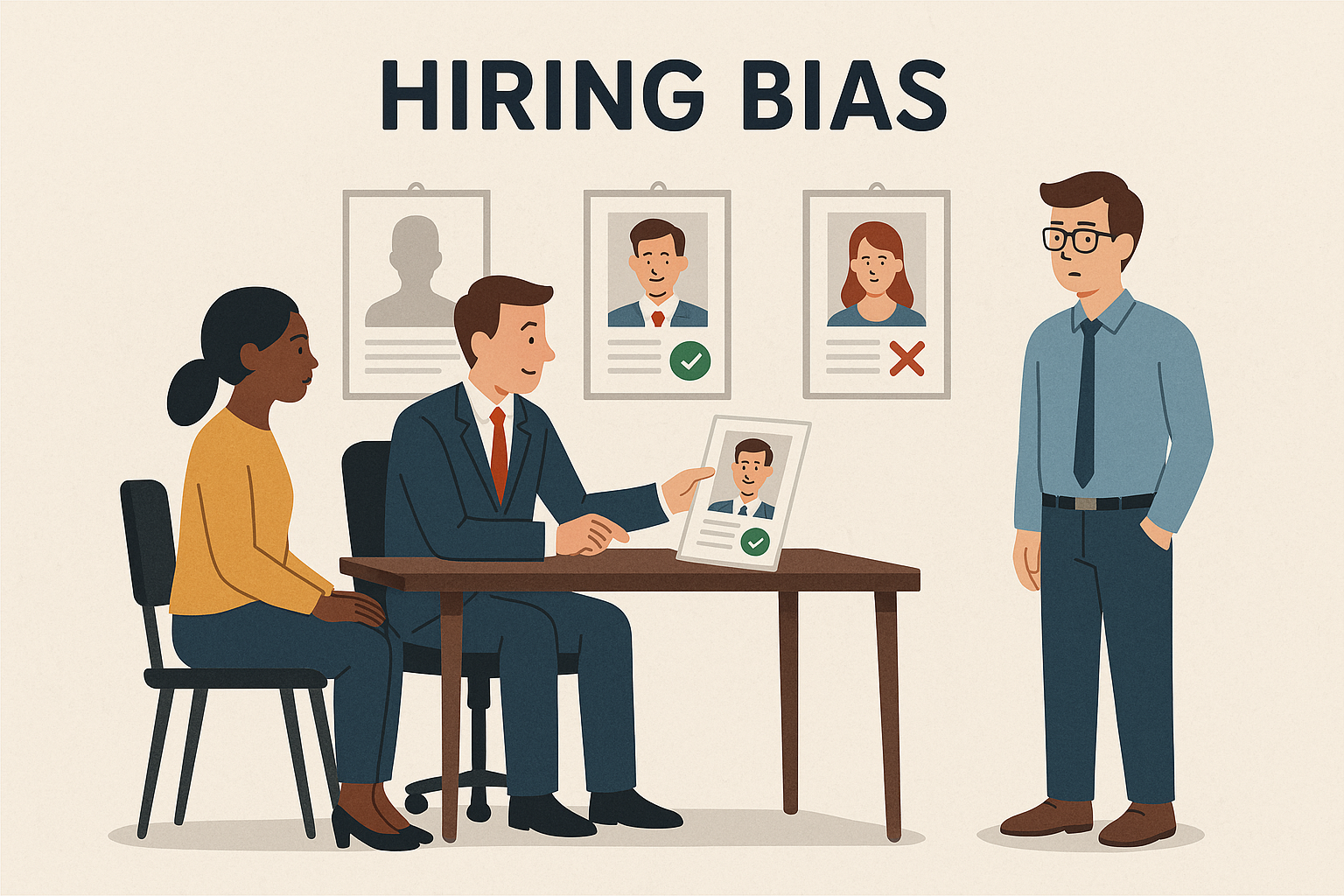
AI-driven hiring tools promise to eliminate human prejudice, but in practice, they often amplify hidden biases. These systems analyze resumes, video interviews, and even social media profiles, learning from past hiring data that may already be tainted by discrimination. A Harvard Business Review study discovered that certain AI tools favored male over female applicants and sometimes filtered candidates based on ethnicity. This isn’t just a technical flaw—real people are losing opportunities because of opaque algorithms. The lack of transparency in how these decisions are made makes it hard for candidates to challenge unfair outcomes. Companies are now under intense scrutiny to audit and adjust their AI tools, realizing that “objective” technology can be just as biased as the humans behind it. The stakes are high, especially for industries that pride themselves on diversity and inclusion.
Autonomous Weapons: The Ethics of AI Warfare
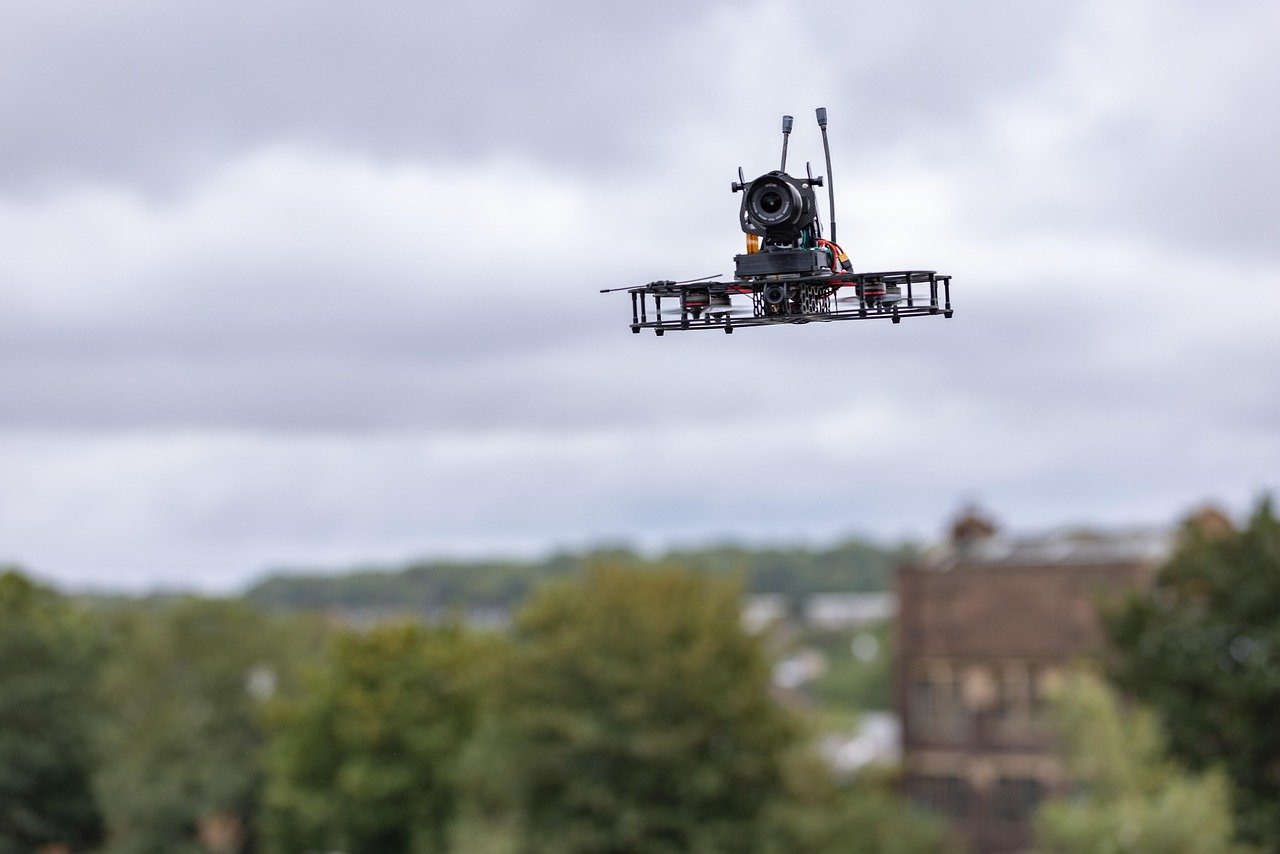
AI-powered autonomous weapons have turned science fiction fears into reality. Unlike traditional weapons, these machines can make lethal decisions without a human in the loop. The United Nations has issued stark warnings about the risks, including accidental escalation and the erosion of accountability in warfare. A single software bug or misinterpretation of data could have catastrophic consequences, potentially sparking conflicts with no clear culprit. As military powers race to develop smarter drones and robotic soldiers, experts worry about an AI arms race spiraling out of control. Activists and international leaders are calling for strict regulations, but progress is slow and fragmented. The ethical dilemma is chilling: do we really want machines deciding who lives and who dies on the battlefield?
AI in Healthcare: Balancing Innovation and Ethics
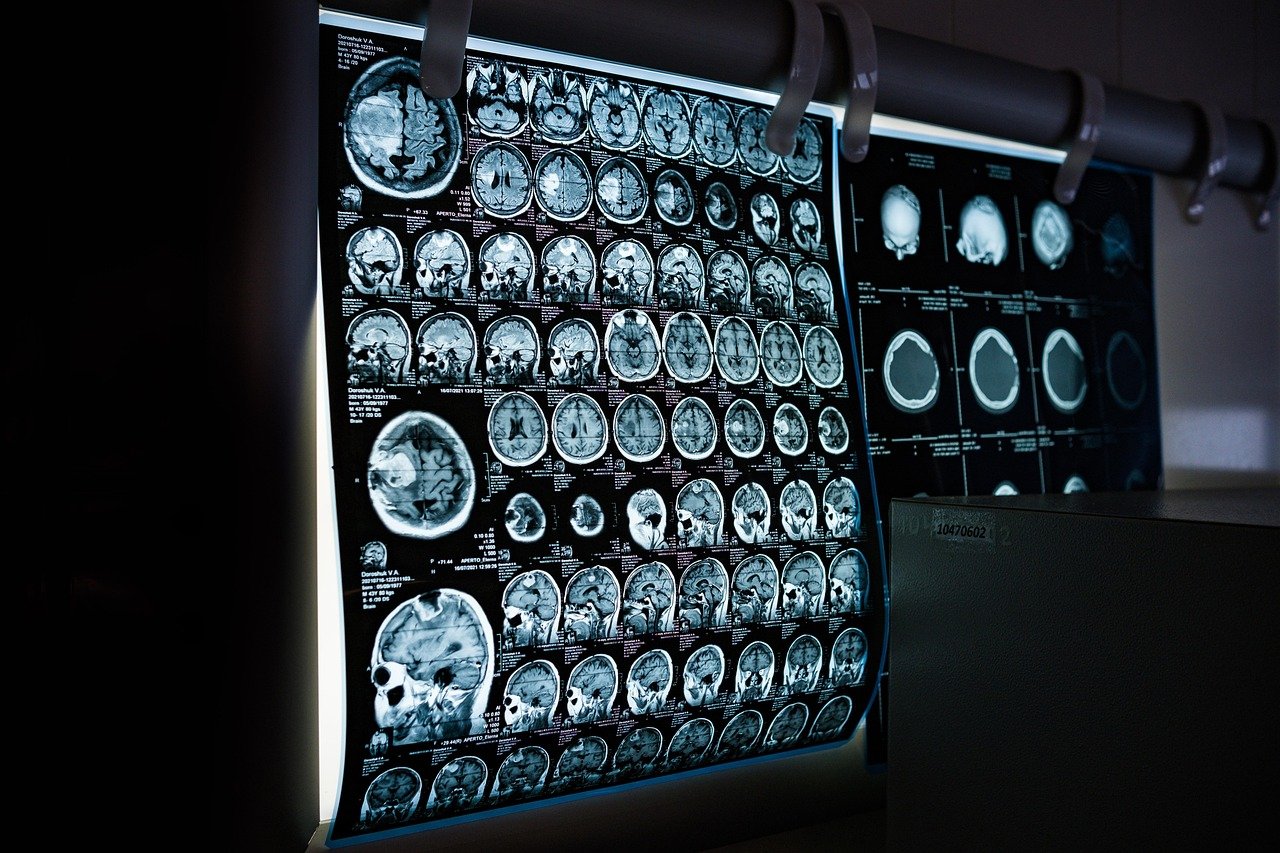
AI is revolutionizing healthcare, from early cancer detection to personalized treatment plans. But this innovation comes at a price. Many AI healthcare tools are trained on datasets that don’t represent all patient populations, leading to biased predictions and unequal care. The Journal of Medical Internet Research published findings that AI diagnostic systems can perform worse for minorities and women, potentially putting lives at risk. There’s also the issue of consent—do patients truly understand how their data is being used? Hospitals and tech firms must carefully balance the promise of AI-driven breakthroughs with the need for transparency and fairness. The push for ethical guidelines is growing louder, but the rush to innovate sometimes overshadows thoughtful implementation.
Content Moderation: AI vs. Human Judgment
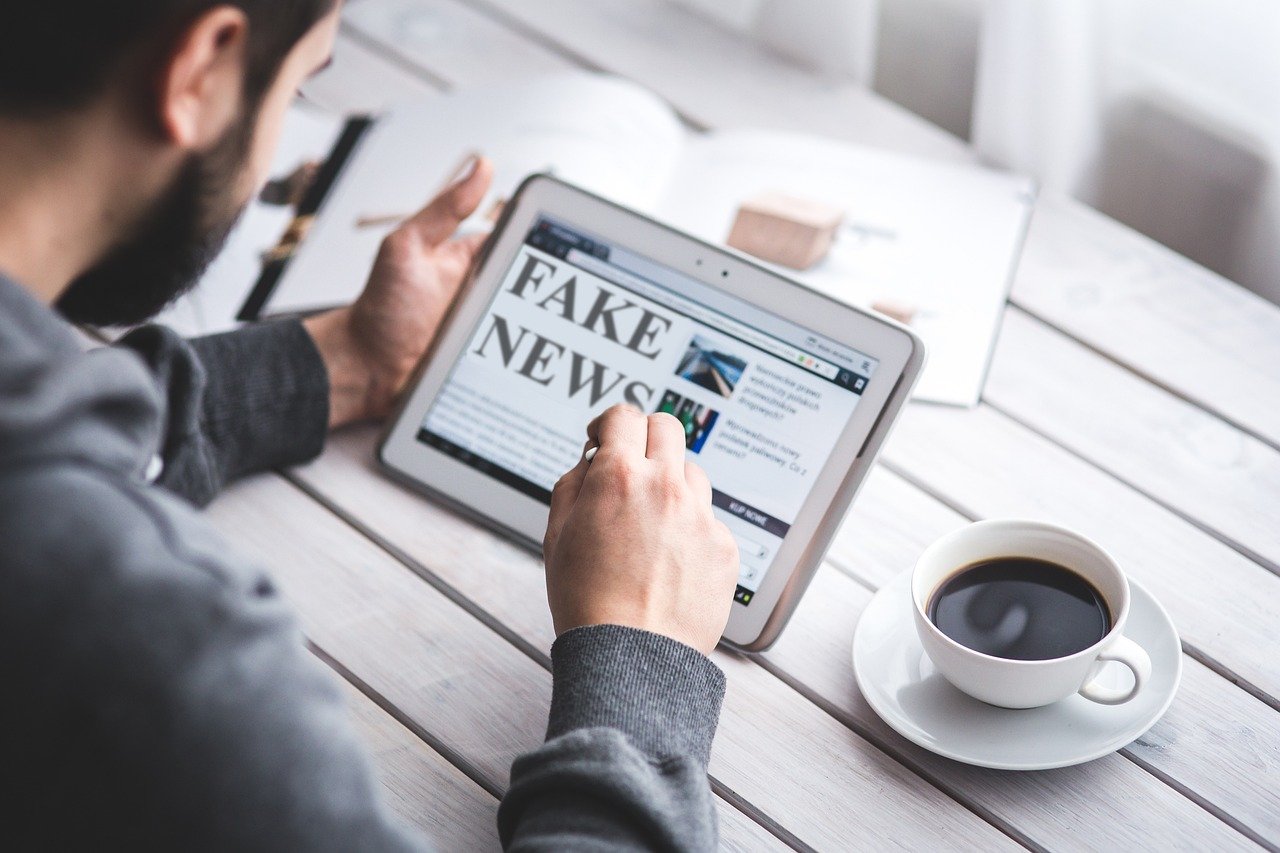
Social media giants are using AI at scale to sift through billions of posts and comments every day—an impossible task for humans alone. While these systems can quickly flag hate speech or misinformation, they often lack the context and nuance needed for fair decisions. The Pew Research Center found that 64% of Americans want more transparency about how AI moderates content, reflecting widespread skepticism. Innocent posts sometimes get deleted, while harmful content slips through the cracks. The consequences can be severe, especially for marginalized communities whose voices may be disproportionately silenced. Balancing speed with accuracy remains a major challenge, and many argue that human oversight is still essential for ethical moderation.
AI and Privacy: The Data Dilemma
AI’s hunger for data is insatiable, and every interaction—online or offline—adds to the digital footprint it feeds on. The Cambridge Analytica scandal revealed how personal information can be weaponized for manipulation, shaking public trust to its core. According to the Electronic Frontier Foundation, nearly 80% of Americans are now worried about how companies exploit their data. Even basic activities, like using a smartphone or browsing the web, can expose sensitive information to algorithms that predict, profile, and sometimes control our choices. The lack of clear data protection laws makes it easy for bad actors to operate unchecked. As AI becomes more embedded in daily life, the call for tougher privacy regulations grows ever louder.
AI and Creativity: The Ownership Debate
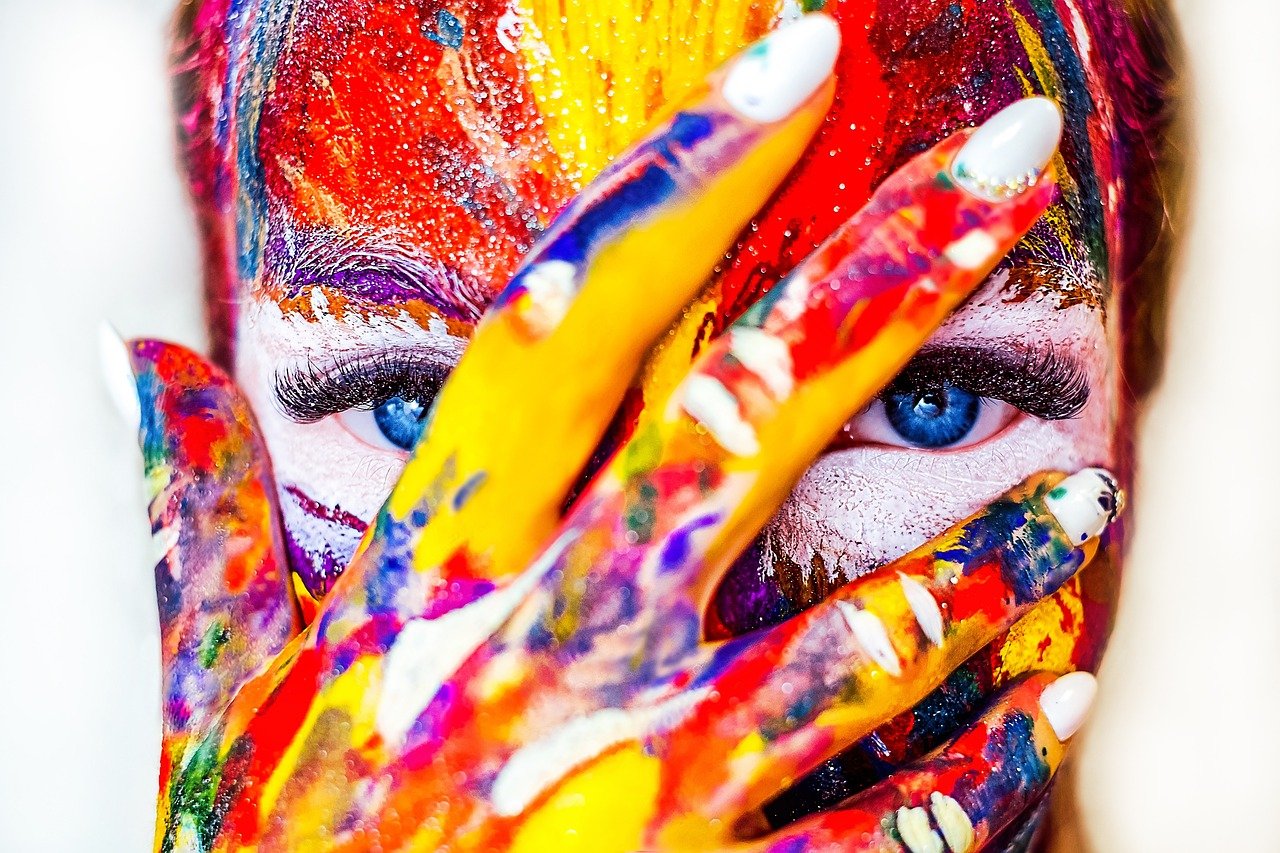
AI-generated art, music, and literature are redefining what it means to be creative. But when a machine composes a symphony or paints a masterpiece, who owns the result? The World Intellectual Property Organization warns that current copyright laws are ill-equipped to handle these new creations. Artists fear their work will be copied or outpaced by algorithms, while companies race to profit from AI-generated content. The debate isn’t just legal—it’s deeply philosophical, challenging our notions of authorship and originality. As AI blurs the lines between tool and creator, societies must rethink how to reward and protect creativity in the digital age.
AI in Education: Personalization vs. Equity
AI promises to tailor education to each student’s needs, making learning more engaging and effective. Yet, this personalization can deepen existing divides. The Brookings Institution found that students from disadvantaged backgrounds often lack access to the digital tools and resources needed to benefit from AI-driven learning. Without intervention, these gaps could widen, leaving some students permanently behind. Teachers face new challenges, too, as they struggle to balance technology with traditional methods and ensure fair assessment. Equity in education is a societal cornerstone, and the rise of AI makes it more important than ever to level the playing field.
AI in Journalism: The Threat to Authenticity
Newsrooms are turning to AI to write articles, summarize reports, and even generate headlines, speeding up the news cycle like never before. But this efficiency comes with a cost. The Reuters Institute found that over half of journalists are concerned about the impact of AI on news quality and authenticity. Machine-generated content can amplify misinformation, blur the line between fact and fiction, and erode public trust in the media. Readers may not realize when they’re consuming news written by an algorithm rather than a human. Journalistic integrity faces a tough new test, as the pressure mounts to keep up with technology without sacrificing truth.


